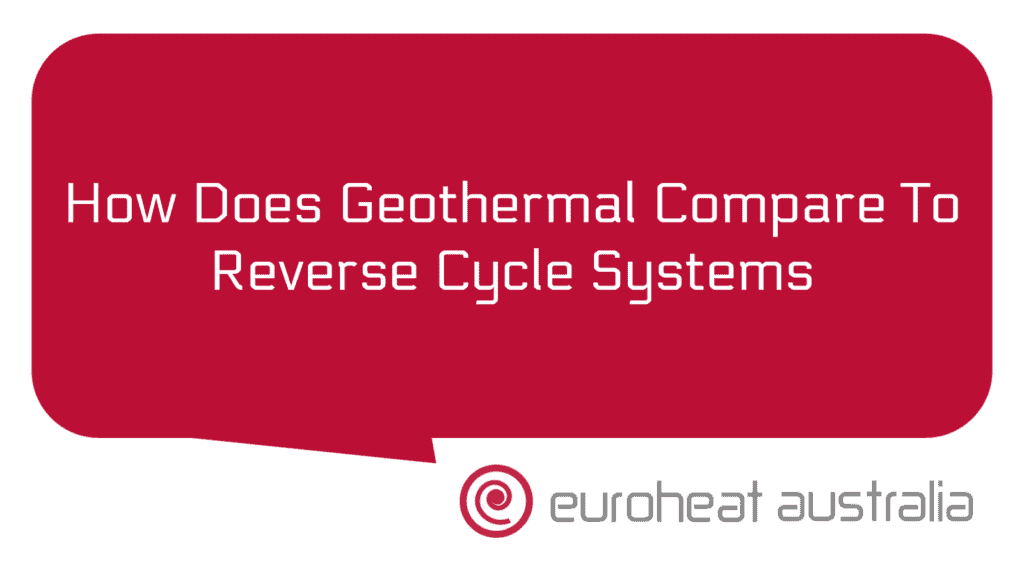When it comes to heating and cooling your home, you have a number of options available. Two popular choices are Geothermal systems and reverse cycle systems. Both offer advantages, but which is better for you? Let’s take a look at how geothermal compares to reverse cycle systems and the benefits of installing a geothermal heating & cooling system in your home.
Geothermal systems use the natural heat from the ground to heat or cool your home. This is done by pumping water through pipes that are buried underground and transferring the heat energy into your home. The main advantage of this system is that it uses very little energy, so your energy bills will be much lower than with other types of heating and cooling systems. In fact, some studies have found that Geothermal systems can save up to 70% on energy costs compared to conventional air conditioning units. This makes them an excellent option for those looking to reduce their carbon footprint and save money over time.
Reverse cycle systems work similarly to traditional air conditioning units by taking heat from outside air and transferring it into your home. They are also very efficient in terms of energy usage, but they don’t quite compare with geothermal when it comes to efficiency levels. Reverse cycle systems typically only save around 30-40% on energy costs compared to standard air conditioning units, although this still adds up over time if you use them regularly. However, one advantage of reverse cycle systems is that they don’t require any installation work as they can simply be added onto existing ductwork in a short amount of time.
When making a decision between geothermal and reverse cycle systems, it’s important to consider both the upfront cost as well as the long-term savings that each system will provide. Geothermal tends to be more expensive upfront due to the installation process, however it can provide much greater savings over time due to its extremely efficient operation. On top of this, if you choose a reputable installer such as Euroheat Australia (the Perth engineers & installers that design & construct hydronic heating & cooling systems with 30 years of experience), then you are sure to get a high-quality system that will last for many years without needing any major repairs or maintenance work.
In conclusion, when deciding between geothermal and reverse cycle systems for your home’s heating & cooling needs, it’s important to consider both the initial cost as well as long-term savings potential of each system before making a decision. Geothermal is typically more expensive upfront but provides much greater long-term savings due its efficient operation while reverse cycle offers a more affordable option with lower long-term savings potential but easier installation process and no need for major repairs or maintenance work in many cases. Whichever option you choose though, make sure you get an experienced installer such as Euroheat Australia who can ensure optimal performance from either system in order for you get maximum value out of your investment!





